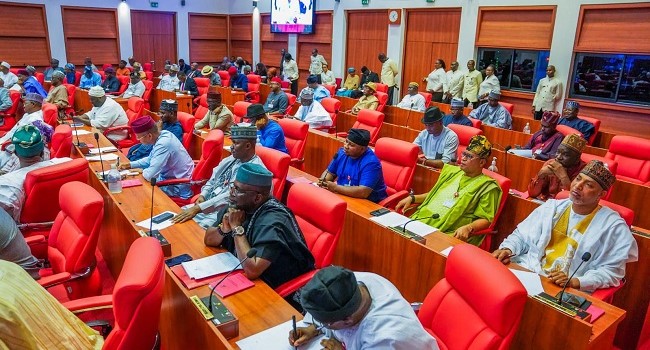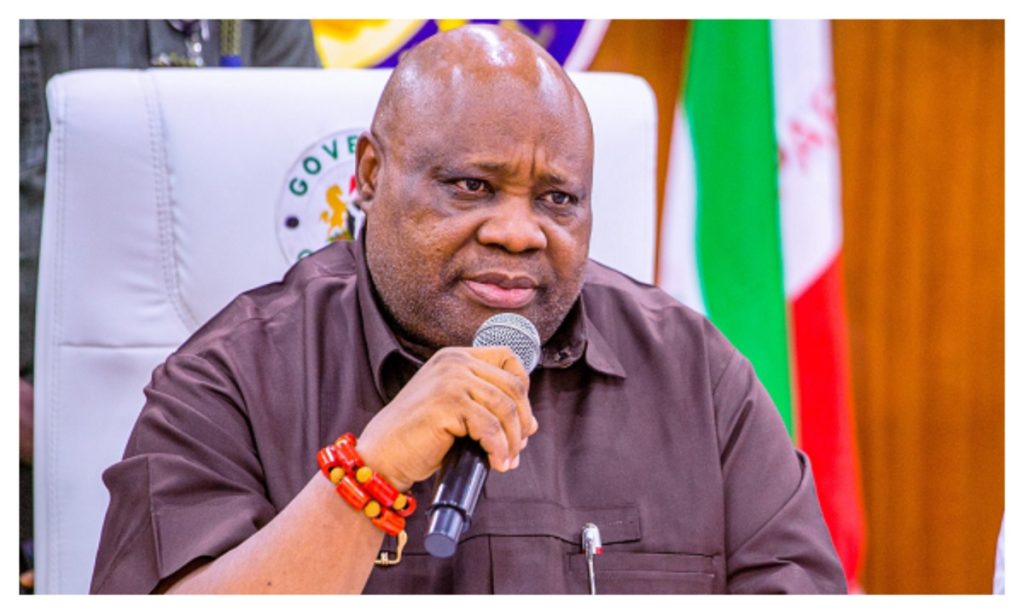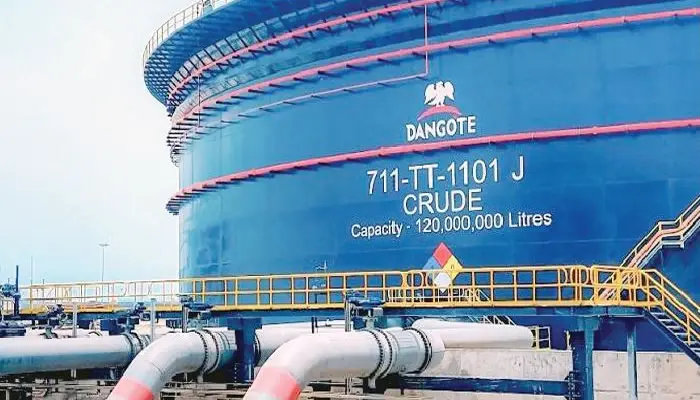Nigeria’s Dangote Refinery has raised the ex-depot price of Premium Motor Spirit, commonly known as petrol, to ₦850 per litre, marking a third consecutive price adjustment in recent weeks. The ₦30 increase from the previous ₦820 rate was confirmed by Abubakar Maigandi, National President of the Independent Petroleum Marketers Association of Nigeria (IPMAN), during a Friday interview. The move signals rising costs for fuel distributors and retailers purchasing from the refinery, which recently resumed sales after a brief suspension last week.
The refinery, Africa’s largest with a capacity of 650,000 barrels per day, plays a pivotal role in Nigeria’s energy market as the country seeks to reduce reliance on imported petroleum products. Maigandi emphasized the direct impact of the adjustment, noting that marketers and retailers will now pay more to secure supplies. “The new ex-depot price of petrol at the refinery is ₦850 per litre,” he stated, underlining the economic ripple effect for businesses.
Retail price fluctuations have intensified in recent days, particularly in the capital city of Abuja. Between late last week and Monday, pump prices surged to ₦955 per litre at outlets operated by the Nigerian National Petroleum Company Limited (NNPCL) and other major marketers before settling at ₦900. Independent stations, including Ranoil, AA Rano, and Empire Energy, are currently selling petrol between ₦950 and ₦955 per litre in Abuja, reflecting the volatile pricing landscape.
Analysts attribute the instability to broader market adjustments and supply chain dynamics, though no official explanations have been provided by Dangote Refinery or government agencies. The refinery’s pricing decisions are closely monitored as policymakers balance efforts to stabilize fuel costs against the realities of operating in a deregulated market. International observers note that Nigeria’s push for self-sufficiency in refining remains a critical factor in regional energy security, with the Dangote facility positioned as a linchpin in this strategy.
As consumers and businesses brace for further changes, the latest increase underscores the challenges of navigating a sector in transition. While the refinery’s resumption of sales offers relief to distributors after last week’s pause, the upward trend in fuel costs continues to strain household budgets and commercial operations nationwide.



